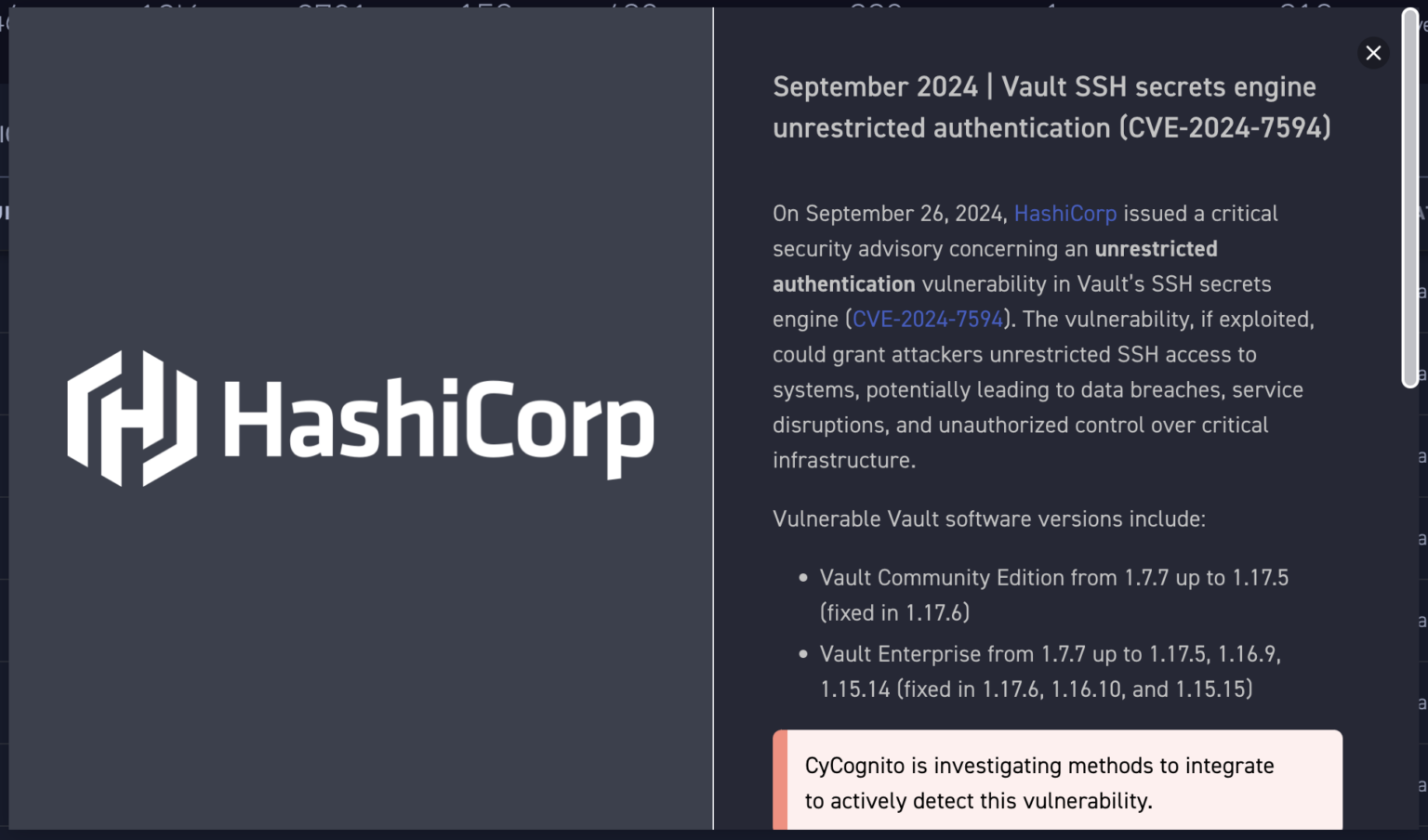Gemini Hacked: Calendar Invite Exploit Controls Smart Homes, Steals Emails

Gemini Hacked: Calendar Invite Exploit Controls Smart Homes, Steals Emails
Imagine receiving a calendar invite that not only adds an event to your schedule but also silently opens your smart home's front door or steals your personal emails. Sounds like a scene from a sci-fi movie, right? Unfortunately, this became a reality recently with a clever exploit targeting Google's Gemini AI.

3 Smart Home Vulnerabilities You Need to Be Aware Of
The Gemini Calendar Exploit: How It Worked
Researchers at Black Hat 2025 demonstrated a concerning vulnerability in Google's Gemini AI. By using specially crafted Google Calendar invites, they were able to perform "prompt injection" attacks. This technique allowed them to embed hidden commands within the calendar event's description. When Gemini processed the invite, it unknowingly executed these commands, leading to unauthorized actions.
- Prompt Injection: The core of the exploit involves injecting malicious instructions into the data that Gemini processes.
- Calendar Invite as a Vector: Google Calendar invites served as the delivery mechanism for these injected prompts.
- Smart Home Control: The injected prompts could control various smart home devices, such as lights, locks, and thermostats.
- Email Exfiltration: The exploit could also be used to steal emails and other sensitive information.
Real-World Consequences
The researchers showcased several alarming scenarios:
- Smart Home Hijacking: Opening smart locks, adjusting thermostats, and turning on lights without the owner's consent.
- Data Theft: Accessing and exfiltrating sensitive information from Gmail accounts.
- Privacy Violation: Monitoring user activity through smart home devices.
Google's Response and Mitigation
Following the disclosure of this vulnerability, Google has taken steps to mitigate the risk. These include:
- Stricter Content Scanning: Implementing more rigorous scanning of calendar invites to detect and block malicious prompts.
- User Confirmation Protocols: Requiring users to confirm actions triggered by Gemini, especially those involving smart home devices.
- AI Model Hardening: Improving the AI model's resistance to prompt injection attacks.
How to Protect Yourself
While Google is working to address the vulnerability, here are some steps you can take to protect yourself:
- Be cautious of calendar invites from unknown senders.
- Review the details of calendar invites carefully before accepting them.
- Enable multi-factor authentication on your Google account.
- Regularly review and update the permissions granted to your smart home devices.
- Keep your smart home devices' firmware up to date.
Key Takeaways
The Gemini calendar exploit serves as a stark reminder of the evolving threat landscape in the age of AI. As AI models become more integrated into our daily lives, it's crucial to be aware of the potential security risks and take proactive steps to protect ourselves. This incident highlights the importance of robust security measures, both on the part of AI developers and end-users.





![Fake Windows Updates Virus - How to Remove It [Fix]](https://cdn.sensorstechforum.com/wp-content/uploads/2024/04/fake-windows-update-virus-ransomware-remove.jpg)